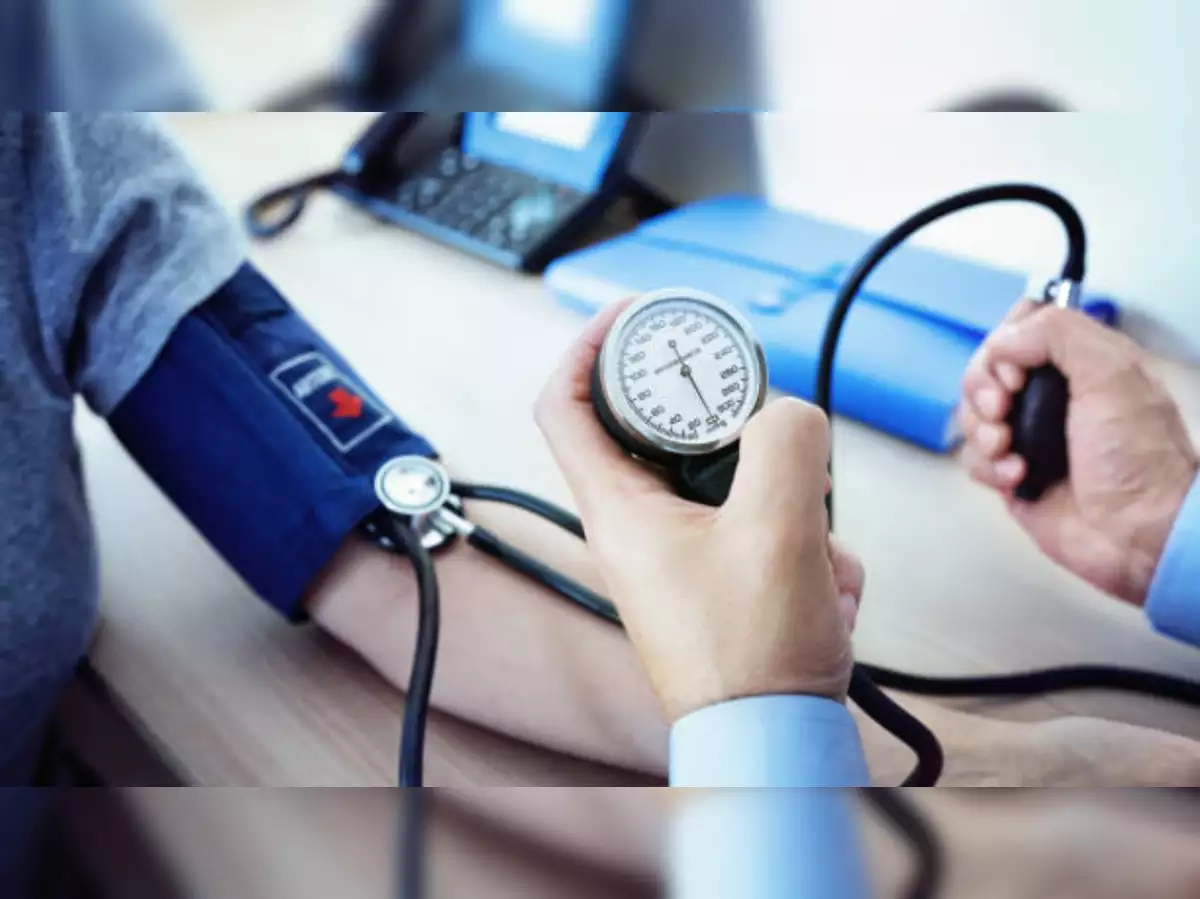New Delhi, 23 June 2025: The human body is remarkably intelligent—it often gives out subtle warning signs before a disease becomes serious. Yet, many of us dismiss these early symptoms as stress, fatigue, or minor discomfort. Recognizing the early clues can make a significant difference in diagnosing and managing health issues at the right time. Whether it’s a persistent ache, a strange change in your skin, or unexplained fatigue, your body is trying to communicate. Tuning into these signals can help prevent long-term complications and even save lives.
1. Unexplained Fatigue Could Be More Than Just Tiredness
Feeling constantly tired, even after adequate rest, isn’t always due to a hectic schedule. Persistent fatigue could be a sign of underlying conditions like anemia, thyroid disorders, diabetes, or even heart disease. If you’re finding it hard to concentrate, dragging through the day, or needing naps more often, your body could be signaling that something’s off with your metabolic or cardiovascular health.
2. Sudden Weight Changes May Point to Hormonal or Digestive Disorders
Unintended weight loss could be linked to issues like hyperthyroidism, cancer, or digestive conditions such as celiac disease or Crohn’s. On the other hand, unexplained weight gain might be tied to hypothyroidism, hormonal imbalances, PCOS, or insulin resistance. If your eating and activity habits haven’t changed significantly but your weight has, it’s time to check in with your doctor.
3. Changes in Skin, Hair, and Nails Are External Clues to Internal Health
Dry, flaky skin might not just be weather-related—it can indicate thyroid problems or eczema. Yellowing of the skin or eyes can be a sign of liver issues. Darkening of the skin around the neck or armpits may point to insulin resistance. Hair thinning or brittle nails can also suggest nutrient deficiencies or autoimmune disorders. Your skin is often the first place disease symptoms become visible, so don’t ignore what you see in the mirror.
4. Frequent Digestive Discomfort Is a Red Flag
Gas, bloating, constipation, or diarrhea that persists could be symptoms of irritable bowel syndrome (IBS), food intolerances, or even colon issues. Repeated acid reflux or heartburn may signal gastroesophageal reflux disease (GERD) or even a risk for esophageal complications. If your digestion doesn’t feel right for weeks, your gut could be signaling deeper concerns.
5. Chest Discomfort or Palpitations Demand Immediate Attention
A tight feeling in the chest, fluttering sensations, or irregular heartbeats are serious indicators that should never be ignored. While they may sometimes be triggered by stress or anxiety, they can also point to arrhythmia, high blood pressure, or the early stages of heart disease. Any recurring or unexplained cardiovascular symptoms require prompt medical evaluation.
6. Frequent Urination or Excessive Thirst Might Indicate Diabetes
If you find yourself constantly reaching for water and visiting the bathroom more than usual, especially at night, your body may be reacting to high blood sugar levels. Diabetes often develops silently, and these are some of the earliest and most overlooked symptoms. Ignoring them can delay diagnosis and lead to complications like nerve damage or kidney issues.
7. Persistent Headaches or Vision Changes Could Signal Neurological Issues
While headaches are common, frequent or worsening headaches—especially if they come with vision changes, nausea, or difficulty speaking—should raise concern. These could be early signs of migraines, hypertension, or even brain-related conditions. Regular eye strain or blurred vision can also be early signs of diabetes or neurological disorders.
8. Shortness of Breath Isn’t Always Just About Fitness
If you’re finding it difficult to catch your breath during mild activity—or even while at rest—it could indicate issues like asthma, anemia, heart failure, or chronic obstructive pulmonary disease (COPD). Your lungs and heart work together to provide oxygen; shortness of breath is often their way of saying something isn’t working right.
Your body rarely stays silent when something is wrong—it gives signs, whispers, and nudges that something needs your attention. The key is to notice and respond early. Regular checkups, routine blood tests, and mindful observation of bodily changes can lead to early diagnosis and better outcomes. Don’t brush off signs just because they seem minor. When in doubt, trust your instincts and seek medical advice. After all, your body is your greatest asset—and it’s always trying to keep you safe.




